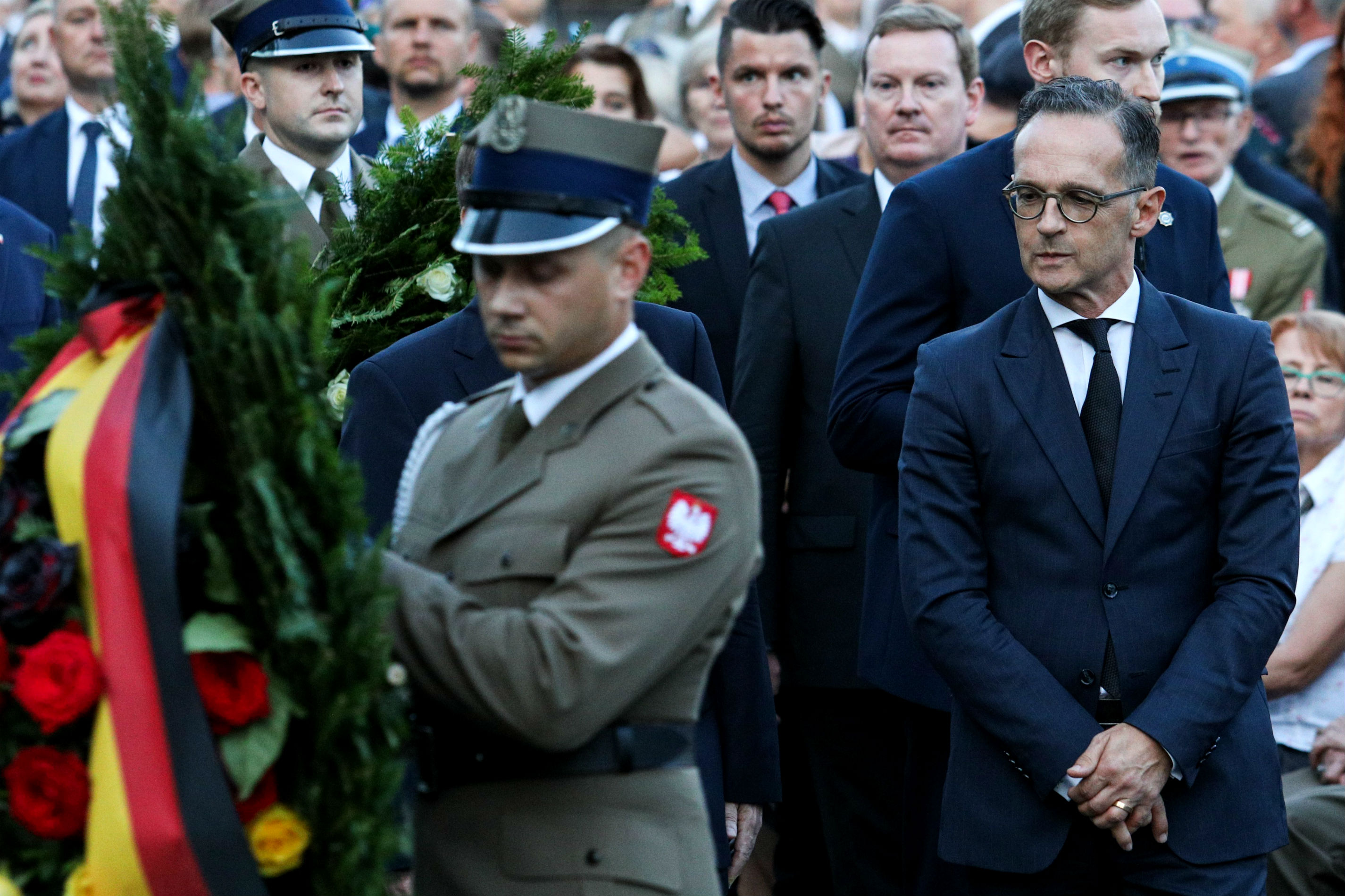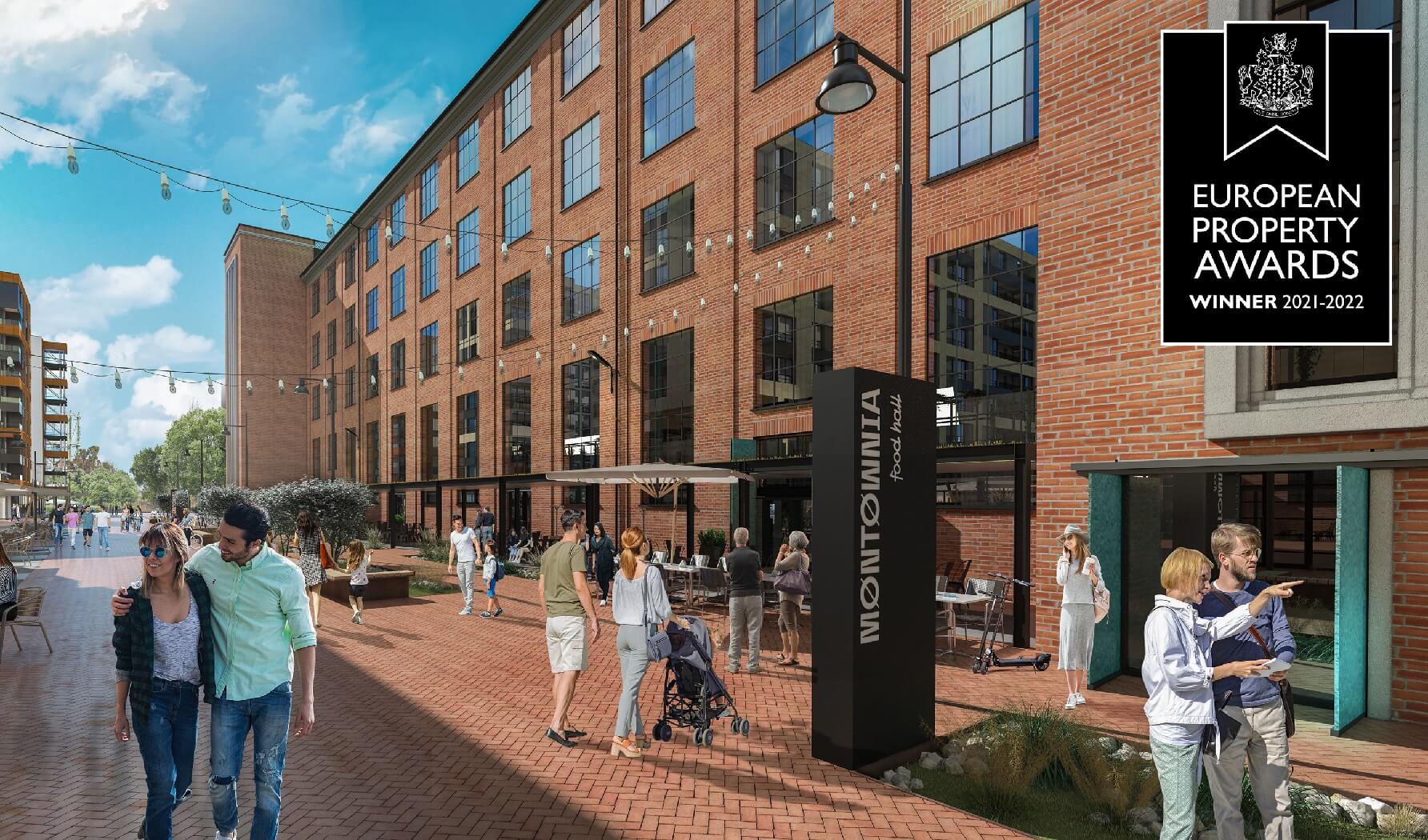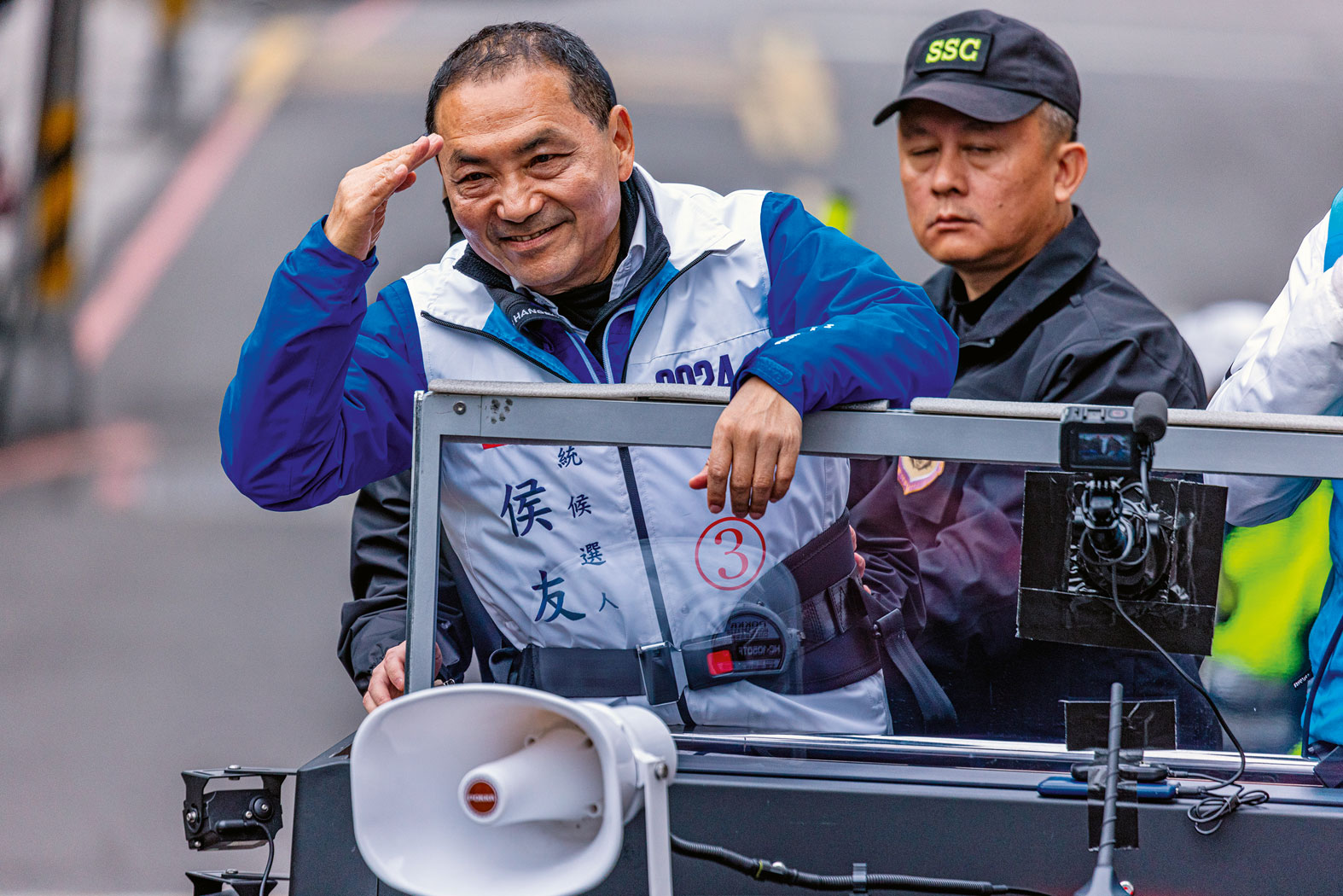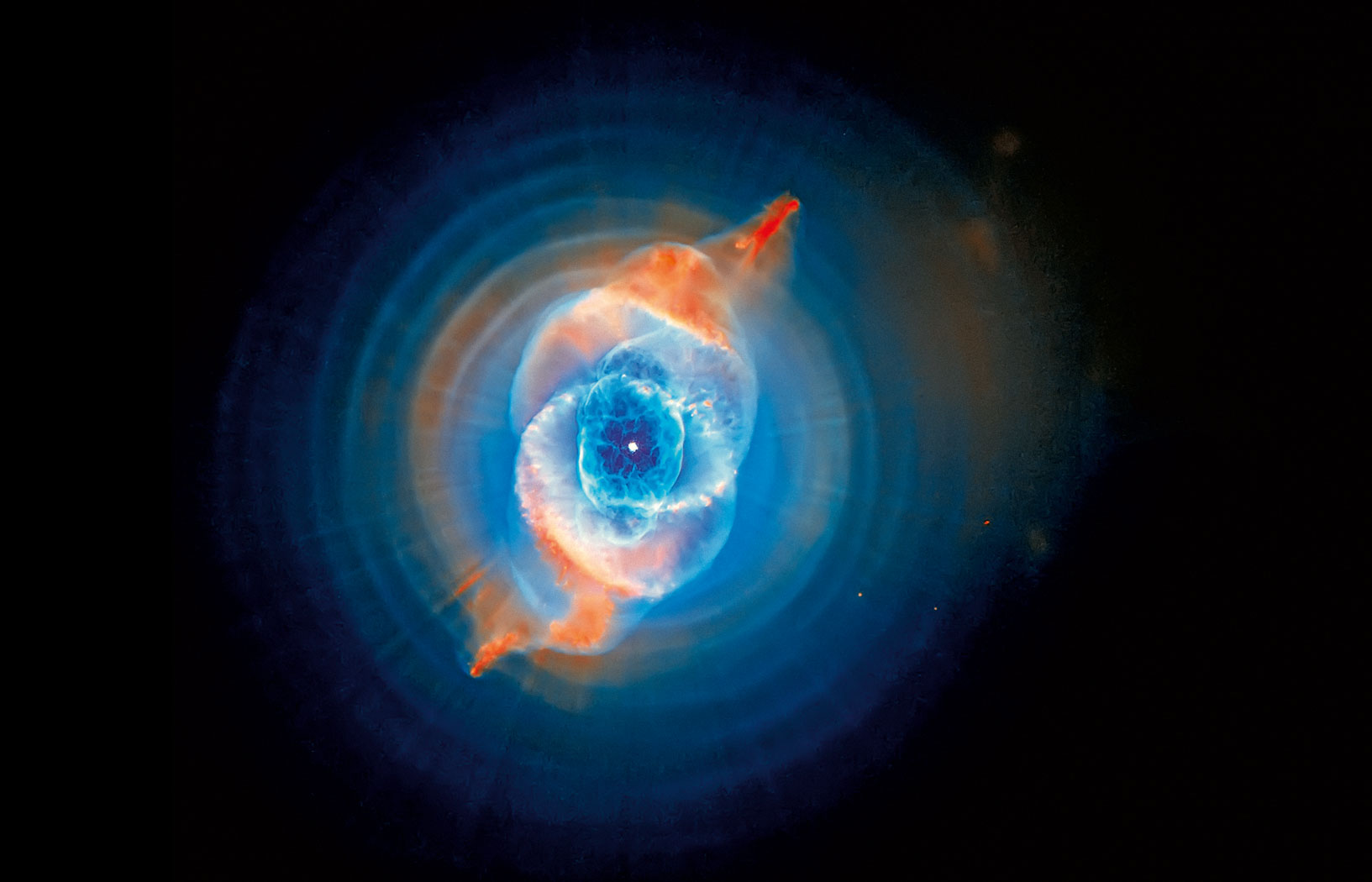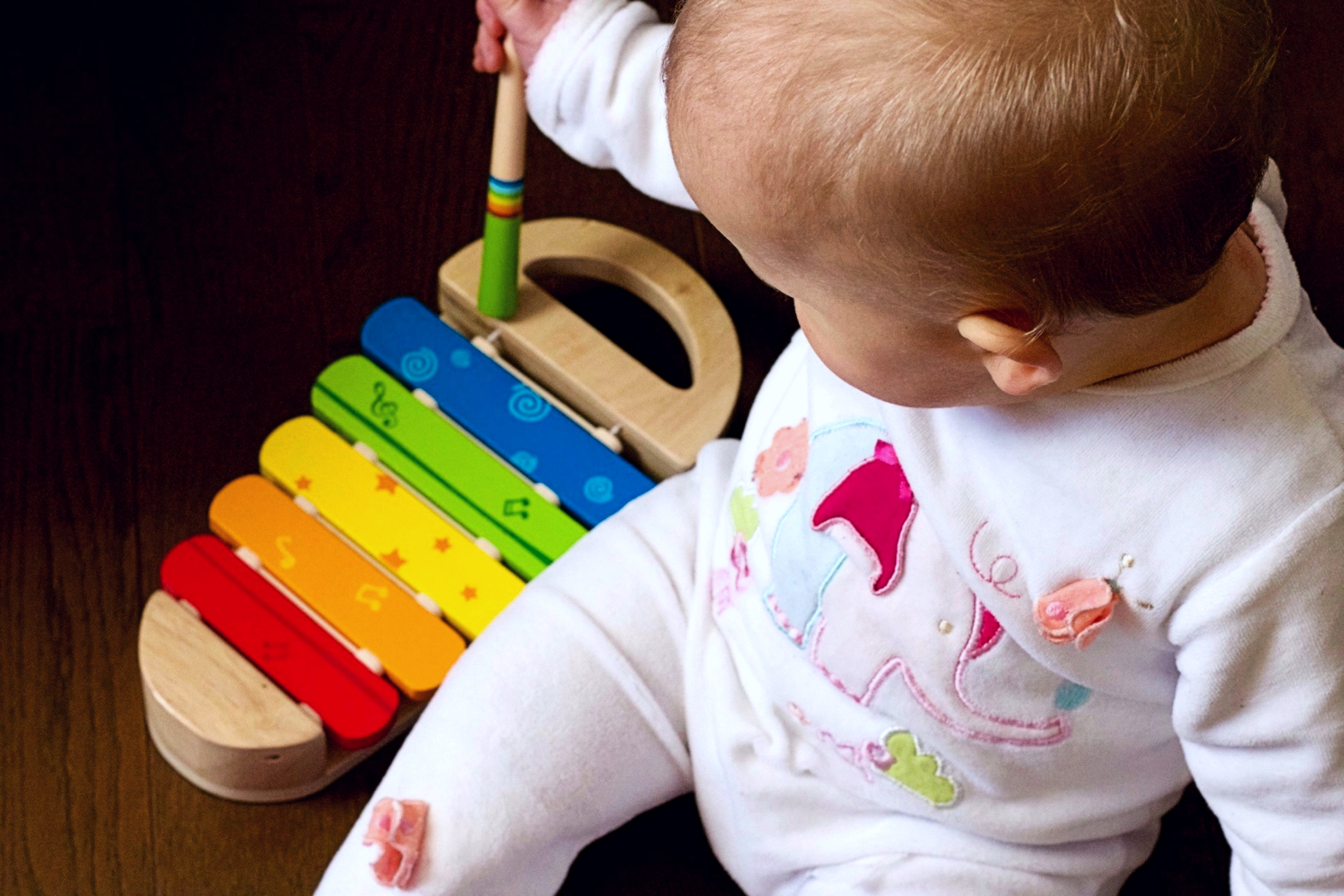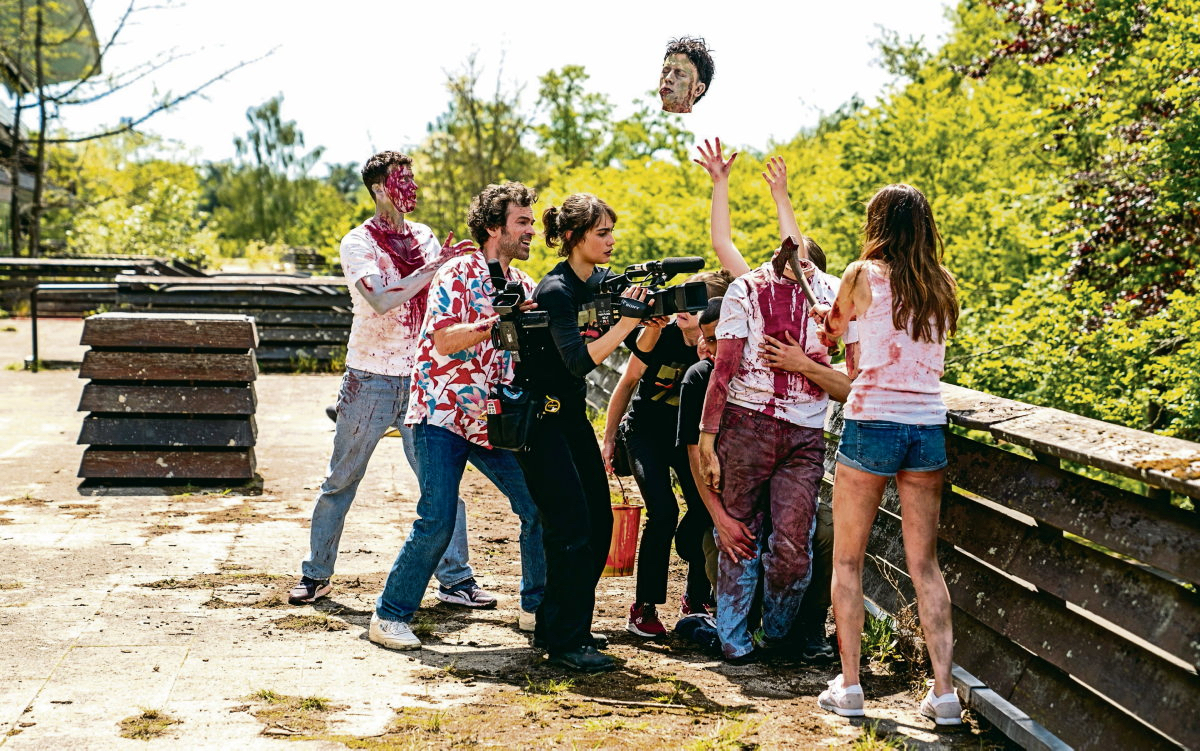Already 240 German MPs have signed the appeal for such a memorial site. But the road to implementation of the project is still long.
There is no majority in the Bundestag yet to commemorate the Polish victims of the German occupation and terror in Berlin. But 240 out of 709 MPs have already signed the appeal by Manuel Sarrazin (Greens), Paul Ziemiak (CDU), Dietmar Nietan (SPD), Alexander Müller and Thomas Nord (Left). The initiators of the appeal are the leading politicians of the ruling CDU/CSU-SPD coalition – the President of the Parliament, the Christian Democrat Wolfgang Schäuble, and the Social Democratic Foreign Minister Heiko Maas.
Read also: The Germans in Warsaw, or politics in the shadow of history
What should the place of remembrance look like?
The right-wing populist party Alternative for Germany (AfD), whose leader Alexander Gauland encourages Germans to be proud of the “achievements of the Wehrmacht” and calls Hitlerism the “bird shit” of German history, did not join the call.
The idea is still far from being implemented, although a site already exists: Askański Square, near the former Government Street, where Hitler’s office and the ministries of Ribbentrop, Göring and Goebbels are located. And also Anhalcka Street, where the Allemania Hotel was located, where, after going over to the German side in 1942, the former Polish Prime Minister Leon Kozłowski, who had been groomed to become the Polish Quisling, lived and died in unclear circumstances in 1944.
The concept of the Berlin Memorial is still unfinished. Should it be a monument comparable to the Holocaust Mausoleum near the Brandenburg Gate, or rather a two-part museum in Berlin and Warsaw perpetuating the memory of the Polish victims of the war, but also the achievements of the post-war decades? At that time, people of good will – politicians, church representatives, intellectuals and many anonymous supporters of reconciliation – opposed the ideology of “hereditary hostility”, thus creating the basis for the German-Polish community of interests in 1989 and the strategic partnership in the euro. – Atlantic structures of the 21st century.
Read also: Unpublished diary from 1939
German identity, Polish identity
Efforts to commemorate Polish victims and the post-war breakthrough in German-Polish relations are not a temporary effect of round anniversaries – the 80th anniversary of the Ribbentrop-Molotov Pact and the genocidal attack by the two revisionist neighbors on Poland in 1939 and the 75th anniversary of the outbreak of the Warsaw Uprising.
In an anniversary text for “Die Welt”, CDU Secretary General Paul Ziemiak, born in Szczecin in 1985, wonders to what extent he combines the dual German-Polish identity “not every day, but in moments when it is not so easy.” Just like this Sunday, September 1, when the memory of the indescribable suffering of each Polish family collides with the German memory of what the Third Reich did not only to Poland, but above all to the Jewish nation, to Europe and to human civilization in general.
From this German memory comes the mandate given to Ziemiak to create “something new, constructive, something that connects.” And from his Polish memory – the courage to fight for freedom, the centuries-old experience of Poles to be the ball of their neighbors. “The culmination of this courageous uprising for freedom was the Warsaw uprising 75 years ago,” and then the attitude of the Polish Pope and “Solidarity.”
Read also: Berlin attracted by Moscow
Playing the “German card”
“Today, many are again stressing the importance of the Berlin-Paris axis for the stabilisation of Europe. But for me, as a connoisseur of history, it is clear that without a strong bond between Germany and Poland, Europe will never be united. Ziemiak knows perfectly well that it was in the Reichstag building, where the Bundestag meets, that the Nazis destroyed freedom and democracy until February 1933. And he recalls the words of President von Weizsäcker from 1985: “He who closes his eyes to the past will be blind to the present.”
However, on the Vistula, this opinion can be reversed. Those who fight for power today, relying on the past, close the perspective of the future, for themselves and for society. This is the conclusion of the cynical game of our national populists from the ruling camp, who, in every election campaign and government crisis, pull out the “German card” and stir up the trauma of war. They revive the stereotype of “eternal hostility”, of “German pressure to the East” that Germanizes Poland and of the slanderous “total opposition” venerates the Germans.
Read also: How to talk to children about war

